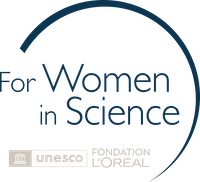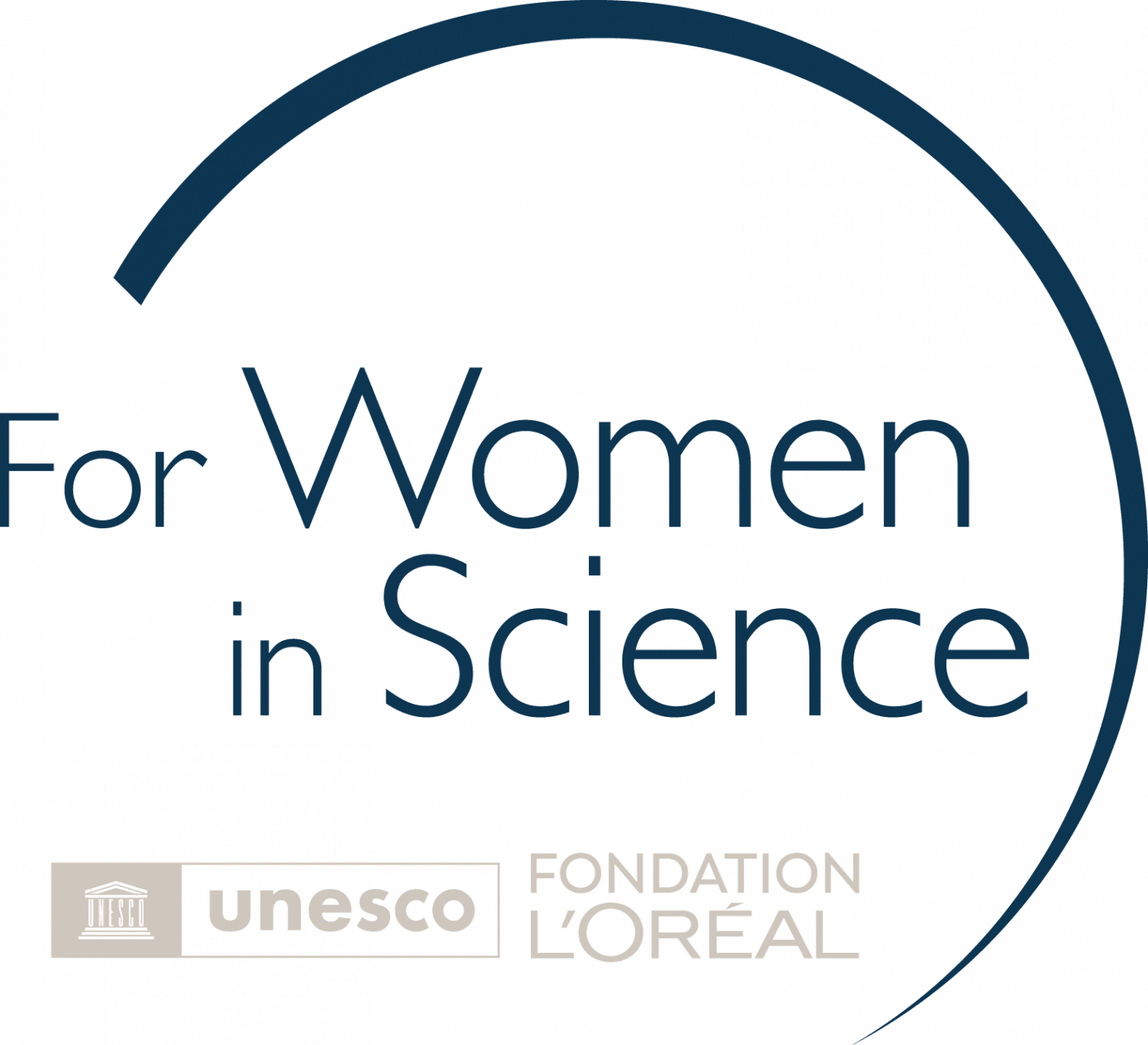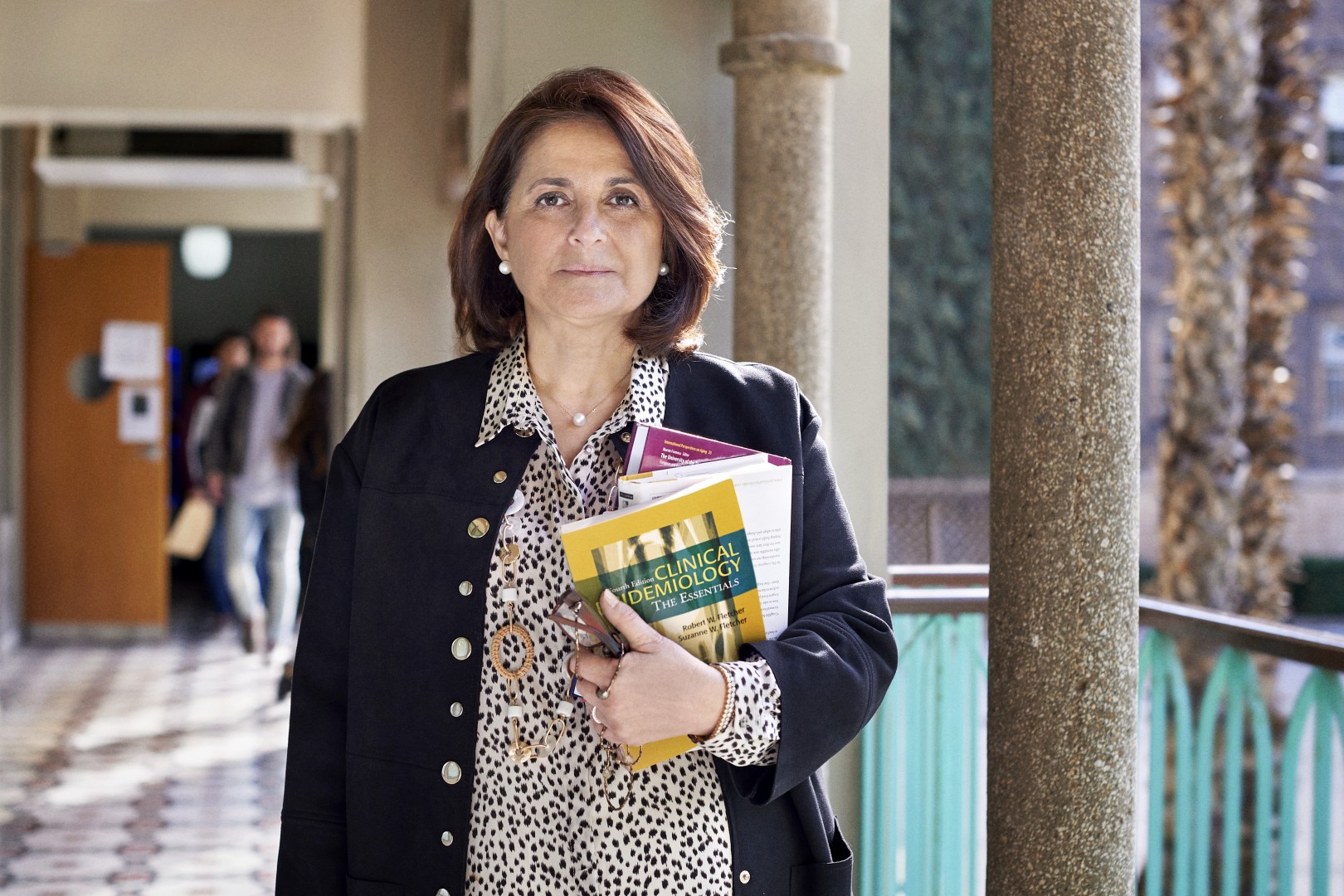PR ABLA MEHIO SIBAI - 2020 Laureate for Africa and the Arab states
Professor of Epidemiology, Faculty of Health Sciences, American University of Beirut, Lebanon
Population ageing is transforming the face of the 21st century society. People are now living 30 years longer than their ancestors just 100 years ago, and for the first time in human history, older adults over 65 have outnumbered children under 5, worldwide. This demographic phenomenon brings with it profound health, social, political and economic challenges, including a growing burden of chronic diseases and limited family resources available for elderly care. In a region where population ageing coincides with chronic political instabilities and economic turmoil, prospects for older Arab men and women to remain active and preserve quality of life as long as possible, is even more challenging.
Professor Abla Mehio Sibai is addressing these questions through interdisciplinary, collaborative research that aims to advance our understanding of the burden of non-communicable diseases (NCDs) among older adults in underprivileged and post-war communities. She also seeks to influence a shift in the way we view elderly people’s right to enjoy a meaningful, fulfilling life. Through her globally recognised work, she has built an international reputation in the field of gerontology and the epidemiology of NCDs, including cardiovascular disease, cancer, diabetes and wellbeing across the life course.
“As a researcher and public health activist, my work aims at understanding the context and factors that delay the decline as we age and promoting initiatives that tap into the benefits we bring with longer life,” explains Prof. Mehio Sibai. “I hope to inspire a paradigm shift in the way we relate and act towards age and ageing.”
Referring to her L’Oréal-UNESCO For Women in Science Award, she says: “This award is for all public health scholars working to make the world a better place for older people, especially those who are too often marginalised and ‘left behind’, whether they are women caregivers in India, smallholder farmers in Sub-Saharan Africa or older refugees in the Arab region.”
As a child, Prof. Mehio Sibai was inspired by mathematics. “I enjoyed playing with numbers and riddles that required equations,” she recalls. However, she initially studied pharmacy, and her ultimate research interests were shaped by witnessing the impact of the Lebanese civil war from 1975 until 1990 on relatives and friends, and above all on the vulnerable older population.
“My father was one of those severely affected when he lost a vibrant business and was forced into early retirement,” she explains. “I learnt from his resilience and ability to turn calamities into opportunities, but moreover, it was these experiences that instilled in me the passion for research on ageing and the importance of a human-centred approach to science.”
The violence in Lebanon had also brought an abrupt end to her nascent pharmacy career and saw her becoming a full-time housewife and mother for the next ten years. However, she knew in her heart that only scientific research would enable her to achieve fulfilment and contribute fully to society. Prof. Mehio-Sibai returned to her studies, leveraging her lifelong love of mathematics and commitment to social justice to pursue PhD studies in epidemiology.
Her early research focused on documenting the major demographic and epidemiologic transitions in Lebanon and was directed towards developing a better understanding of their respective implications on health and quality of life among older adults. It focused in particular on cardiovascular disease among the country’s ageing post-war populations. She co-led the country’s first ‘Global Burden of Disease’ project in 2001, and its first nation-wide World Health Organization ‘Non-Communicable Disease and Risk Factors Survey’, informing public health policy in Lebanon and globally. In a region that hosts one of the highest refugee populations in the world, she has also addressed challenges surrounding end of life care and clinical management of NCDs in primary care settings within refugee settlements.
Prof. Mehio Sibai’s exploration of existing NCD research in Arab countries, where NCDs represent nearly 60% of the disease burden, highlighted the disconnect between research and policy, and the pressing need to optimise research in resource-scarce countries. This included examining and critiquing routine sources of data such as death certification processes and the overuse of cardiac catheterisation in her country. She also spearheaded the three mapping reviews of policies and programmes on Ageing in the Arab region (2007, 2012, 2017), and is proud to be leading the development of the ‘National Strategy for Older Persons’ in Lebanon, for the country’s Ministry of Social Affairs.
Beyond the comfort zone of her university setting, Prof Mehio Sibai is the director of Lebanon’s ‘Center for Studies on Aging’, which she co-founded in 2008. The centre leverages scientific research in Lebanon and the Middle East and acts as a catalyst for policy, advocacy and positive change. In 2010, she co-founded the ground-breaking ‘University for Seniors’ (UfS) lifelong learning programme at the American University of Beirut, providing older adults with “opportunities to remain intellectually energised, physically active and socially connected,” through education. UfS is run by seniors as lecturers and committee members on voluntary basis, and now offers more than 100 lectures, courses and workshops to more than 550 members annually. It has achieved international recognition as “an innovative and empowering initiative” and is even ‘prescribed’ by health professionals for its contribution to delaying cognitive decline.
Prof. Mehio Sibai sees the socio-cultural barriers that prevent women from breaking the glass ceiling in research as very similar to those that combine to perpetuate ageism. “It is first and foremost a question of justice,” she says, asserting that “we must speak up, advocate and act to challenge longstanding practices and stereotypes”.
“And then it is a question of excellence,” she continues. “Science must harness the untapped energy of women, the other 50% of the population”. While women are gradually claiming their space in academic spheres and asserting their voices in public life, there is still much to do. She concludes: “Every young female student has the right to pursue her passions and make the most of her talents. More funding and improved policies that promote a greater work-life balance are vital to keeping the talent of women scientists alight across the world.”
Source: L'Oréal-UNESCO For Women in Science Intrnational Awards - 2020 Press kit

Image gallery1
Comments0
Please log in to see or add a comment
Suggested Articles



